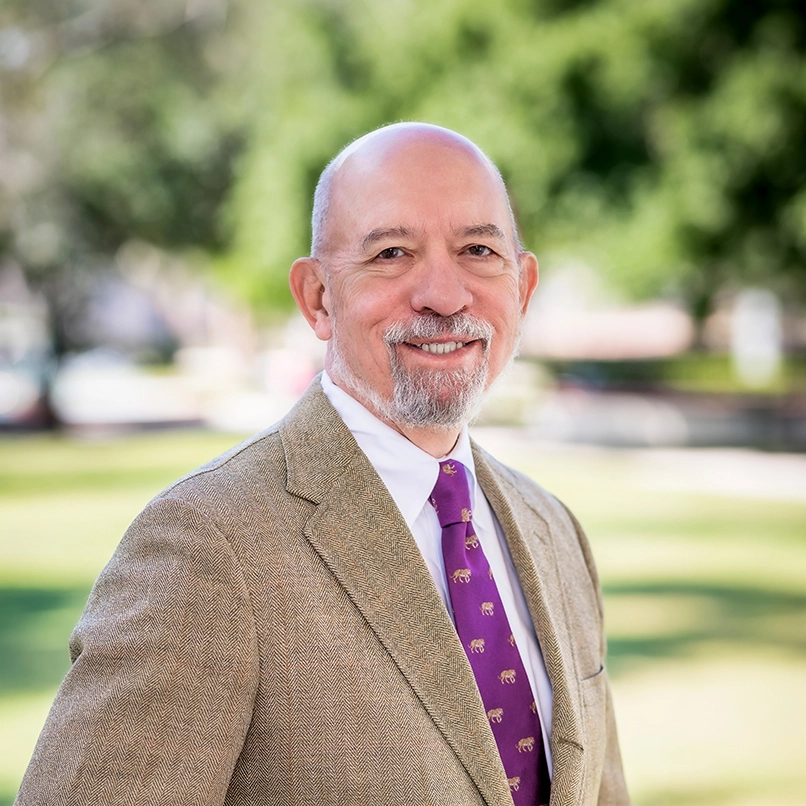Wills, Trusts & Estates
Wills, Trusts and Estates
At Winderweedle, we understand that estate planning is about more than just legal documents—it’s about protecting your loved ones, preserving your legacy, and ensuring your wishes are honored. Whether you are planning for the future, managing a loved one’s estate, or navigating probate, our experienced attorneys provide personalized guidance to help you make informed decisions with confidence. We recommend that our clients plan early, regularly review, and consult professionals who are qualified to prepare estate planning documents.
Helping clients plan for the future
Estate planning is for anyone who wants to protect their assets, provide for their family, and avoid unnecessary probate and legal complications. We work with individuals and families at all stages of life, from young parents who seek to ensure their children’s financial security to business owners preparing for succession planning.
High-net-worth individuals often require advanced planning strategies to minimize taxes and protect their wealth, while blended families need careful estate structuring to ensure fair and conflict-free distribution. We also work with retirees who want to make arrangements for long-term care and individuals with charitable intentions looking to incorporate philanthropy into their legacy. Regardless of your circumstances, our goal is to craft a plan that gives you and your family peace of mind.
Comprehensive estate planning services
Our services go beyond drafting general wills and estate plans. Our attorneys take the time to educate clients on their options, providing clear explanations so they feel empowered in their decisions. Our services include:
- Wills & Trusts – Establishing clear directives for asset distribution and naming a personal representative to manage your estate and oversee the probate process.
- Advance Healthcare Directives – Ensuring your medical wishes are honored with living wills and healthcare surrogate designations.
- HIPAA Authorization Form – Allowing healthcare professionals to share a patient’s protected health information with another party.
- Durable Power of Attorney – Appointing a trusted individual to handle financial and legal matters if you become incapacitated.
- Guardianship Designations – Protecting minor children and vulnerable family members with a guardian nomination.
- Asset Protection Planning – Safeguarding assets from potential creditor claims.
- Charitable Planning – Providing personal fulfillment while offering significant tax advantages.
- Business Succession Planning – Preparing for smooth transitions in family-owned businesses.
- Tax Planning – Minimizing tax liabilities in compliance with applicable laws.
Guiding families through probate & estate administration
Losing a loved one is difficult enough without the added stress of probate and estate administration. Our firm provides compassionate guidance to executors, trustees, and beneficiaries to efficiently handle estate matters in accordance with the law. Probate can be a complex process, requiring court filings, creditor notifications, and the orderly distribution of assets. We streamline this process for our clients, helping them navigate Florida’s probate system with confidence.
For those dealing with trusts, we assist trustees in fulfilling their fiduciary duties, and that assets are managed and distributed as intended. While we always strive for amicable resolutions, when disputes arise, whether over a will’s validity, trustee actions, or inheritance conflicts, our estate litigation attorneys step in to help protect our client’s interests.
Why clients choose Winderweedle for estate planning
Estate planning requires an understanding of family dynamics, financial complexities, and long-term objectives. At Winderweedle, we work closely with each client to develop a plan tailored to their unique circumstances. We prioritize client education, spending the necessary time to help individuals fully understand their estate planning options.
Our attorneys and paralegals have decades of estate planning experience, staying current with evolving tax laws and wealth preservation strategies. We offer a proactive and comprehensive approach that extends beyond basic wills, incorporating tax planning, asset protection, and business succession strategies to safeguard our clients’ legacies. Additionally, we believe in transparency, with flat-fee pricing on most estate planning services so that clients know costs upfront. With a history dating back to 1931, our firm has earned a reputation for trust and excellence in the Winter Park community and has built long-term relationships with our estate planning clients.
Wills, Trusts, Estate Attorneys
Frequently Asked Questions
Don’t see your question answered here? Contact us and speak with a member of our team today!
What is a revocable trust or revocable living trust?
A revocable trust, or revocable living trust, is a legal arrangement in which one party holds assets for the benefit of a designated beneficiary. The trust creator retains the right to modify, amend, or revoke the trust during their lifetime. Commonly used in estate planning, revocable trusts help manage assets for the beneficiary’s lifetime in anticipation of one’s legal challenges, such as incapacity. Upon the trustmaker’s death, assets in the trust transfer directly to the desired beneficiaries, bypassing the probate process, reducing costs and delays.
What does a comprehensive estate plan include?
In addition to a will or trust, a comprehensive estate plan will include:
Advance Health Care Directives (Designation of Health Care Surrogate and Living Will) – A designation of health care surrogate is a legal document that allows you to appoint a surrogate to make medical decisions on your behalf if you become unable to provide instruction yourself. The document can be designed to take immediate effect or upon your incapacity. A living will is a legal document that outlines your wishes regarding medical treatment with reference to life-prolonging procedures, resuscitation and other end-of-life care preferences. This instrument will only take effect in the event you have a terminal condition, an end-stage condition, or are in a persistent vegetative state.
HIPPA Authorization Form – This legal document allows healthcare providers to share a patient’s protected health information with another party. The form allows your designated agent to access your medical records and communicate on your behalf if you are unable to do so yourself.
Durable Power of Attorney – A Durable Power of Attorney is a legal document that allows you to appoint an agent or attorney-in-fact to manage your financial and legal affairs. The “durable” designation means that the agent’s authority continues during your incapacity. In Florida, the power of attorney is effective upon execution and provides the agent with specific powers as designated by the person creating the instrument.
Guardianship Designations – A guardian nomination is a legal document that allows you to nominate a potential guardian that you trust should you lose the ability to make decisions for yourself due to physical or mental incapacity. The nomination of a guardian for minor children allows a parent or legal guardian to nominate a person to assume responsibility for the child’s care, custody, and well-being in the event of a parent’s death or incapacity. While the nomination doesn’t automatically appoint the guardian, it is a strong recommendation to the court, and the court is likely to appoint the nominated individual unless there are significant reasons not to.
What are the key steps in the Florida Probate Process?
- Filing the Petition: The probate process begins when a petition is filed in the circuit court in the county where the decedent lived. The person seeking to open probate (usually the named personal representative) will file necessary paperwork, including the decedent's will and death certificate.
- Appointment of Personal Representative: If the court accepts the will, the personal representative named in the will is formally appointed to manage the estate. In the absence of a will, the court will appoint a personal representative.
- Identifying and Valuing Assets: The personal representative will identify and inventory the decedent’s assets, which may include property, bank accounts, investments, and personal belongings. These assets are then appraised for value.
- Paying Debts and Taxes: Before assets can be distributed to beneficiaries, the personal representative must pay any valid debts, taxes, and funeral expenses from the estate’s funds. Florida has a creditor claim period, typically three months, for creditors to file claims against the estate.
- Distribution of Assets: After debts and taxes are paid, the remaining assets are distributed according to the terms of the will or, if there is no will, according to Florida’s intestacy laws. If there are disputes or complexities in the will, the probate court will handle any necessary resolutions.
- Closing the Estate: Once all assets have been distributed, and all legal requirements are fulfilled, the personal representative will file a petition for the court to close the estate. Upon court approval, the probate process is complete.
A Full Service Law Firm
Trust WHWW for a holistic approach to law, tailored to your unique requirements. Explore the difference of a full-service partnership – where your success is our priority.



